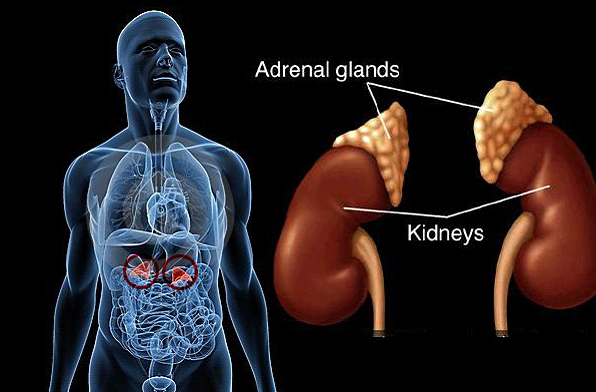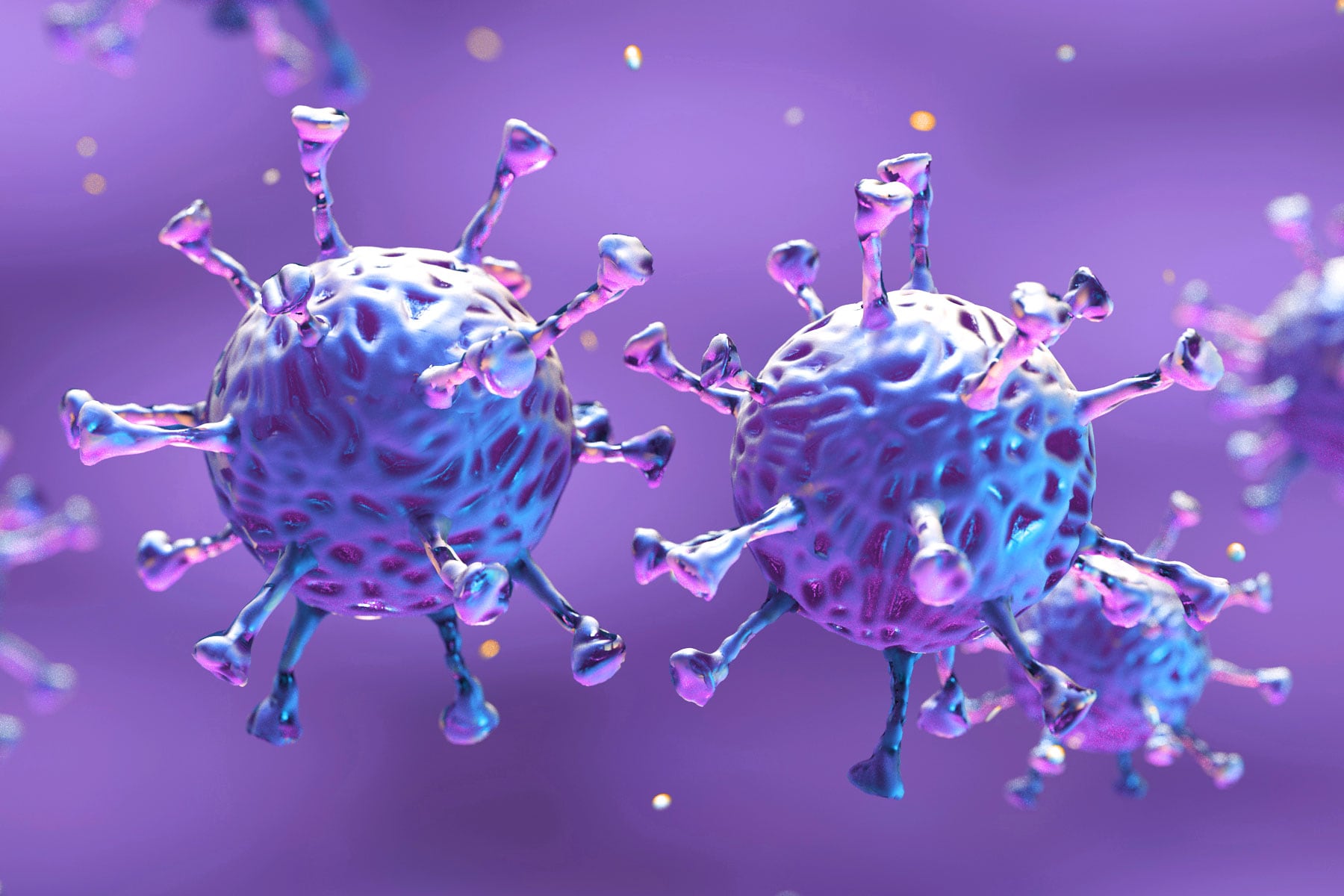Hyperaldosteronism Symptoms, Causes, Diagnosis and Treatment

What Is Hyperaldosteronism?
It is a disorder wherein the adrenal gland produces excessive aldosterone, (hormone) into the blood. This can lead to low potassium in the blood, a condition medically termed as hypokalemia. The disorder can be primary or secondary.
What Are The Alternative Names Of Hyperaldosteronism?
Hyperaldosteronism is also known by the following names:
- Mineralocorticoid excess.
- Conn syndrome.
What Are The Symptoms Of Hyperaldosteronism?
Usually, primary and secondary hyperaldosteronism tend to have similar symptoms including:
- Numbness.
- Muscle weakness.
- Headache.
- Fatigue.
- Paralysis.
When Is The Right Time To Seek Medical Assistance?
In case of developing the above mentioned symptoms of hyperaldosteronism such as muscle weakness and headache, do not delay to call up for an appointment.
What Causes Hyperaldosteronism?
- Primary: More specifically, primary hyperaldosteronism occurs when there is some problem within the adrenal glands, which leads to the overproduction of aldosterone. Adrenal gland tumor (benign) triggers majority of the instances of primary hyperaldosteronism. Moreover, individuals between the ages of thirty to fifty are more likely to experience primary hyperaldosteronism.
- Secondary: the adrenal glands produce excessive aldosterone due to a problem that occurs somewhere else in the body. Furthermore, the problem can be related to a medical disorder (for example hypertension), diet or with genes.
What Are The Possible Complications Of Hyperaldosteronism?
Quite rarely, hyperaldosteronism leads to complications. If it does, they may occur due prolonged use of medications. These complications are:
- Gynecomastia (breast enlargement in males).
- Impotence.
How Is Hyperaldosteronism Diagnosed?
Often, tests that can help diagnose hyperaldosteronism are:
- Urinary aldosterone.
- Serum potassium level.
- Plasma renin activity.
- Plasma aldosterone level.
- ECG.
- Abdominal CT scan.
In order to determine which adrenal gland is producing excessive aldosterone among the two, the doctor may use a procedure for the purpose wherein he or she will use a catheter to insert it into the adrenal glands veins.
How Is Hyperaldosteronism Treated?
Often, primary hyperaldosteronism triggered by a tumor of adrenal gland is treated by surgery. Rarely, doctors use the option of medicines for treating it. Removal of the tumor can ease the symptoms. However, even after the surgical removal of tumor, few patients have hypertension, thus require medicines. Though, the doses and quantity of medicines may be lowered.
Interestingly, surgery can be avoided by limiting the intake of salt, whilst taking prescribed medicines regularly. Some medicines your doctor may prescribe for treating hyperaldosteronism are:
- Diuretics (can help managing the accumulation of fluid in your body).
- Drugs (which prevent the action of aldosterone).
In addition to this, limiting the intake of salt in combination with prescribed medicines can help to treat secondary hyperaldosteronism. Surgery is not needed.
What Is The Prognosis Of Hyperaldosteronism?
If primary hyperaldosteronism is diagnosed at an initial stage and its treatment is immediately pursued, than the outlook is rather good. However the outlook of secondary hyperaldosteronism tends to depend, merely upon the actual cause of its instigation.
By : Natural Health News




